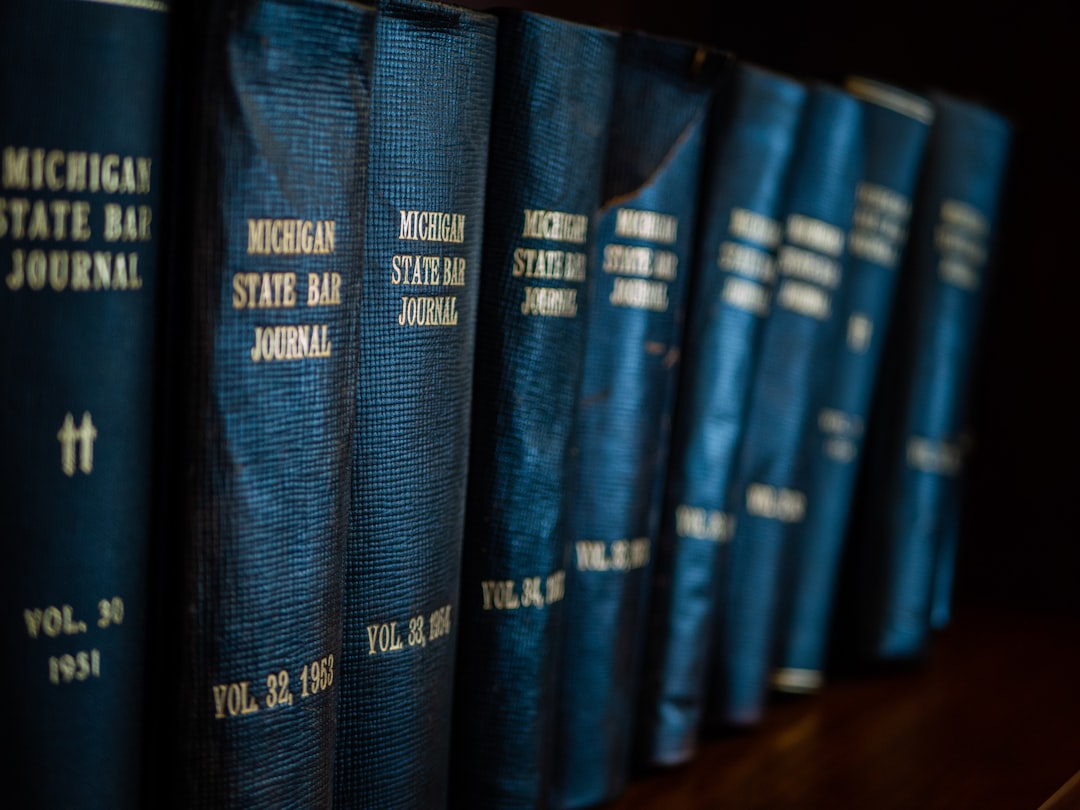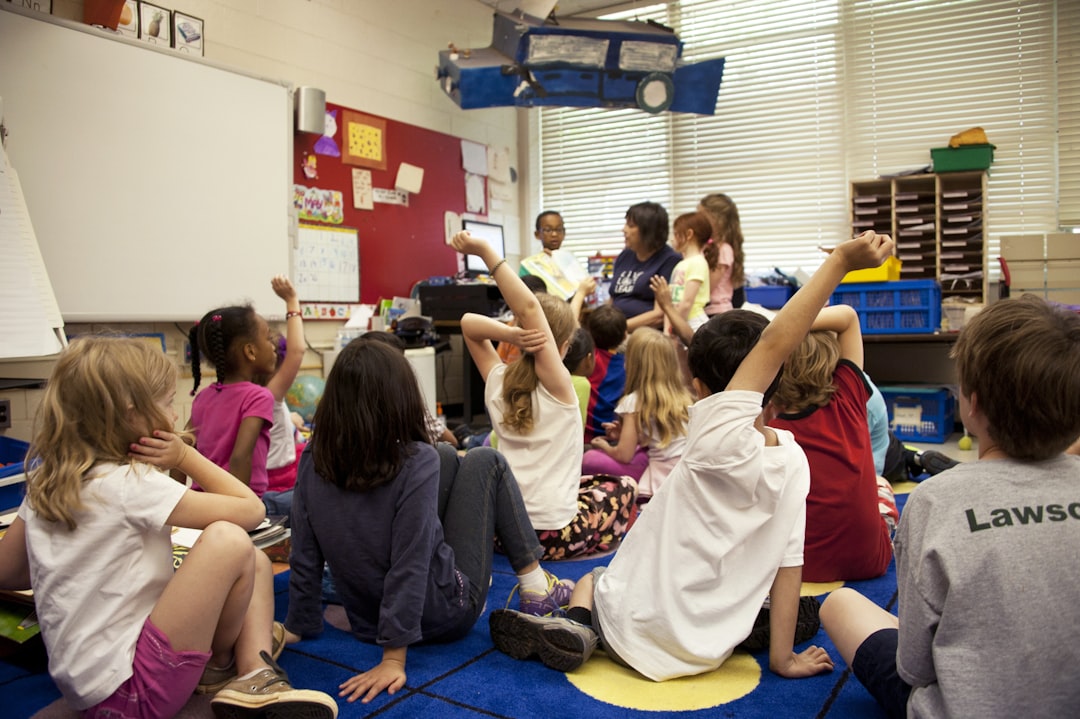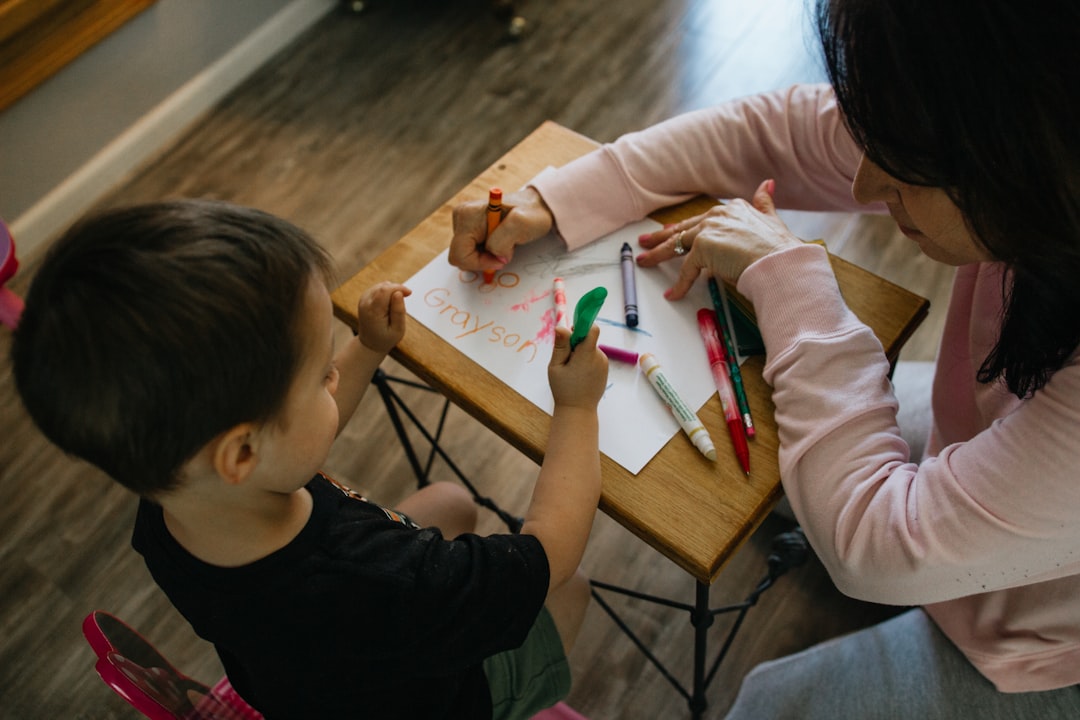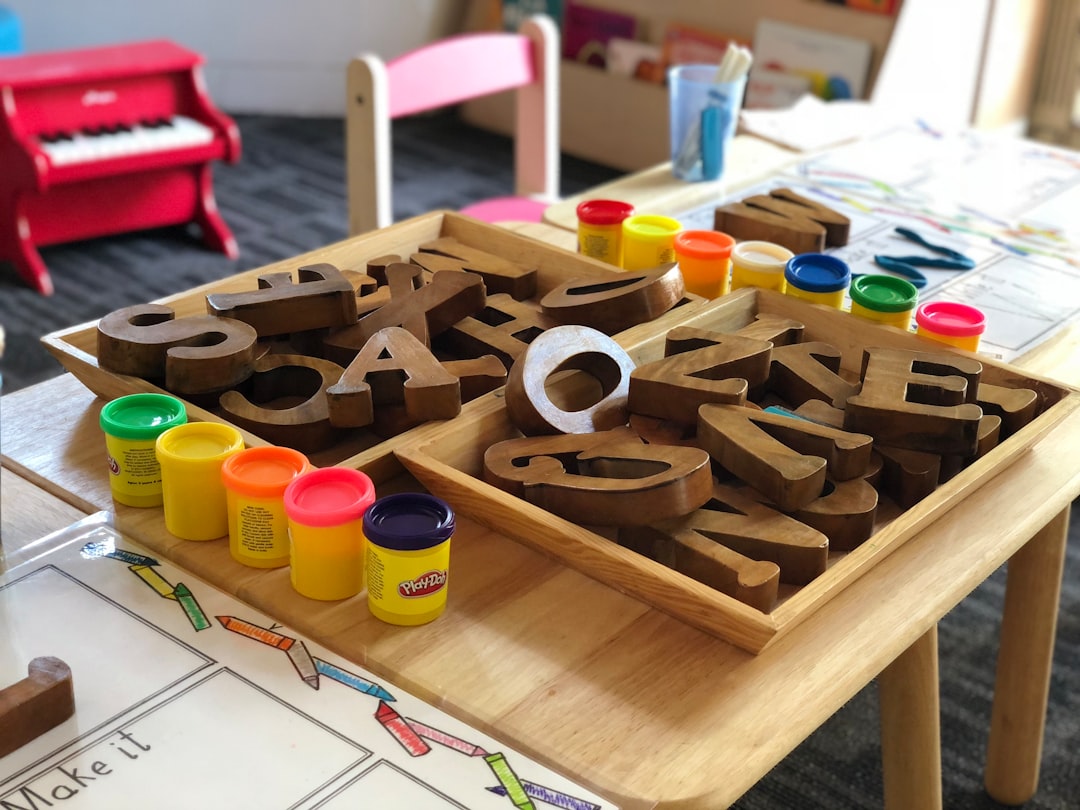Baltimore, Maryland, has stringent regulations to prevent daycare abuse, including inspections, staff ratios, and training. Despite measures, incidents persist, highlighting the need for vigilance. A reputable daycare abuse law firm investigates, supports families, and ensures accountability, contributing to a safer environment. Understanding neglect signs is crucial, as early intervention minimizes long-term effects. Parents empowered by legal knowledge can advocate for improvements, fostering transparency and confidence in childcare choices.
In Baltimore, MD, ensuring child safety within daycares is paramount. This article explores the intricate link between daycare quality and child protection, delving into critical aspects such as safety standards, regulatory measures against abuse, identifying neglect signs, and legal safeguards for vulnerable children. We also empower parents by shedding light on their rights, offering insights from a daycare abuse law firm in Baltimore to navigate this essential topic.
Examining Baltimore's Daycare Safety Standards
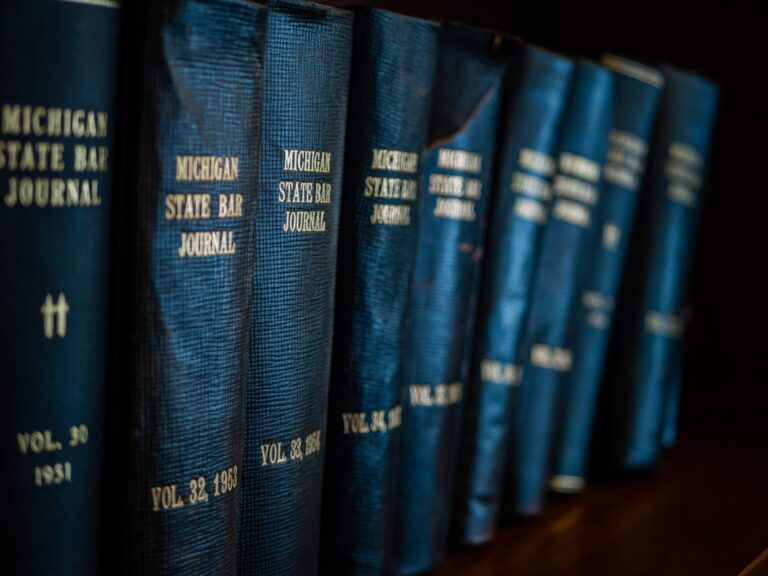
In Baltimore, Maryland, ensuring child safety within daycare centers is paramount due to a history of concerns regarding maltreatment and abuse. The city has strict regulations in place to protect young children under the care of licensed daycares. These standards cover various aspects, including facility inspection protocols, staff-to-child ratios, and mandatory training on recognizing and reporting suspected abuse. However, despite these measures, incidents of daycare abuse still occur, highlighting a critical need for heightened vigilance.
A daycare abuse law firm in Baltimore MD plays a vital role in holding facilities accountable when safety protocols are breached. These legal experts investigate cases, provide support to affected families, and ensure that justice is served. By understanding the city’s safety standards and working with dedicated attorneys, parents can take proactive steps to safeguard their children and contribute to a safer daycare environment in Baltimore.
The Role of Regulations in Preventing Abuse

In Baltimore, MD, the prevention of daycare abuse is a critical aspect of child safety, and it’s heavily influenced by stringent regulations. These laws are designed to set standards for daycare centers, ensuring they maintain safe environments for children under their care. A reputable daycare abuse law firm in Baltimore plays a vital role in upholding these regulations, investigating complaints, and holding facilities accountable when necessary. By implementing and enforcing these rules, authorities aim to reduce risks, promote best practices, and ultimately safeguard the well-being of Baltimore’s youngest residents.
Regulations cover various areas, including staff-to-child ratios, training requirements for caregivers, safety protocols, and reporting procedures for incidents or suspected abuse. Compliance with these guidelines is essential as it helps create a robust framework to identify and prevent potential harm. When daycare centers adhere to the set standards, it reduces the chances of neglect, physical or emotional abuse, and other harmful situations, fostering an environment conducive to children’s healthy development.
Common Signs of Child Neglect in Daycares

In the context of childcare, neglect often goes unnoticed, making it a silent yet pervasive issue. Signs of child neglect in daycares can range from physical indicators to behavioral changes. For instance, a child who appears consistently dirty, malnourished, or shows sudden changes in mood and behavior might be experiencing neglect. These children may also exhibit developmental delays, have an increased risk of illness, or display abnormal aggression or withdrawal.
Daycare abuse law firms in Baltimore, MD, often handle cases where caregivers fail to meet the basic needs of children in their charge. Neglect can take various forms, including emotional, physical, and educational. It’s crucial for parents and authorities to be vigilant, as early intervention can prevent severe long-term effects on a child’s well-being. Staying informed about common neglect signs empowers everyone to ensure safer environments for children in Baltimore’s daycares.
Legal Protections for Vulnerable Children
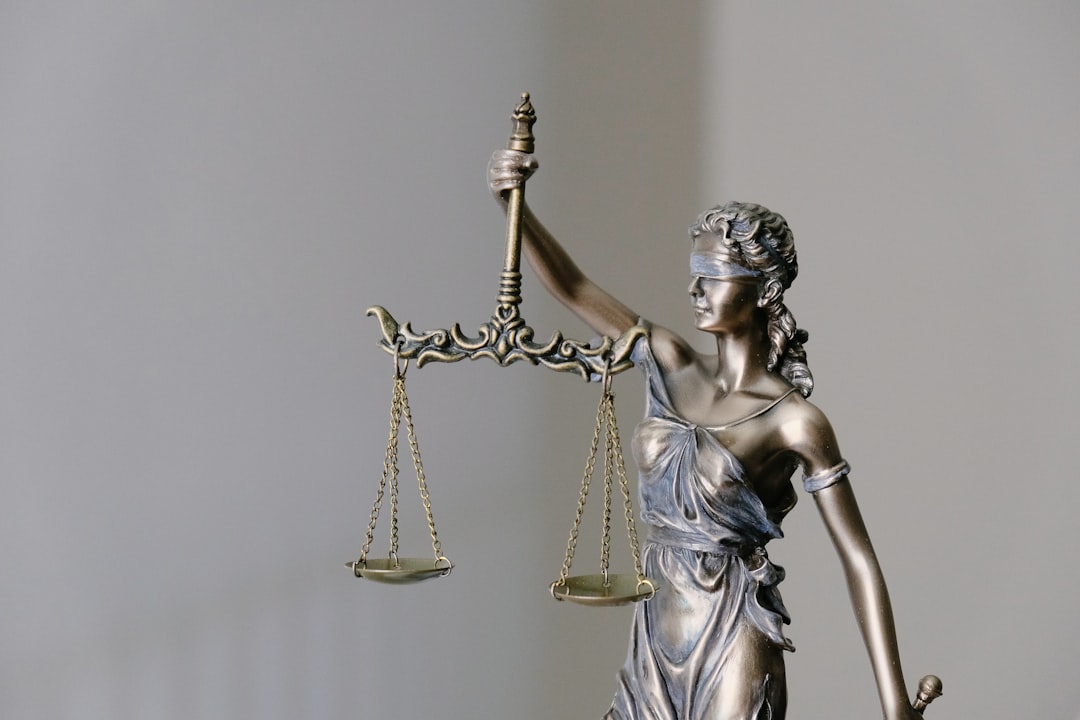
In Baltimore, Maryland, the safety and well-being of young children in daycare settings are protected by stringent legal frameworks designed to prevent abuse and neglect. These laws are crucial in ensuring that facilities adhere to specific standards, creating a secure environment for vulnerable infants and toddlers. A reputable daycare abuse law firm in Baltimore MD can guide parents on understanding their rights and the legal protections in place.
State regulations mandate regular inspections of daycare centers, preschools, and in-home care providers to verify compliance with safety protocols. These include measures to prevent physical harm, ensure proper supervision, and promote a healthy, nurturing atmosphere. Any violations can result in penalties, license revocation, or even criminal charges for neglect or abuse, highlighting the seriousness with which these issues are treated.
Empowering Parents: Knowing Their Rights
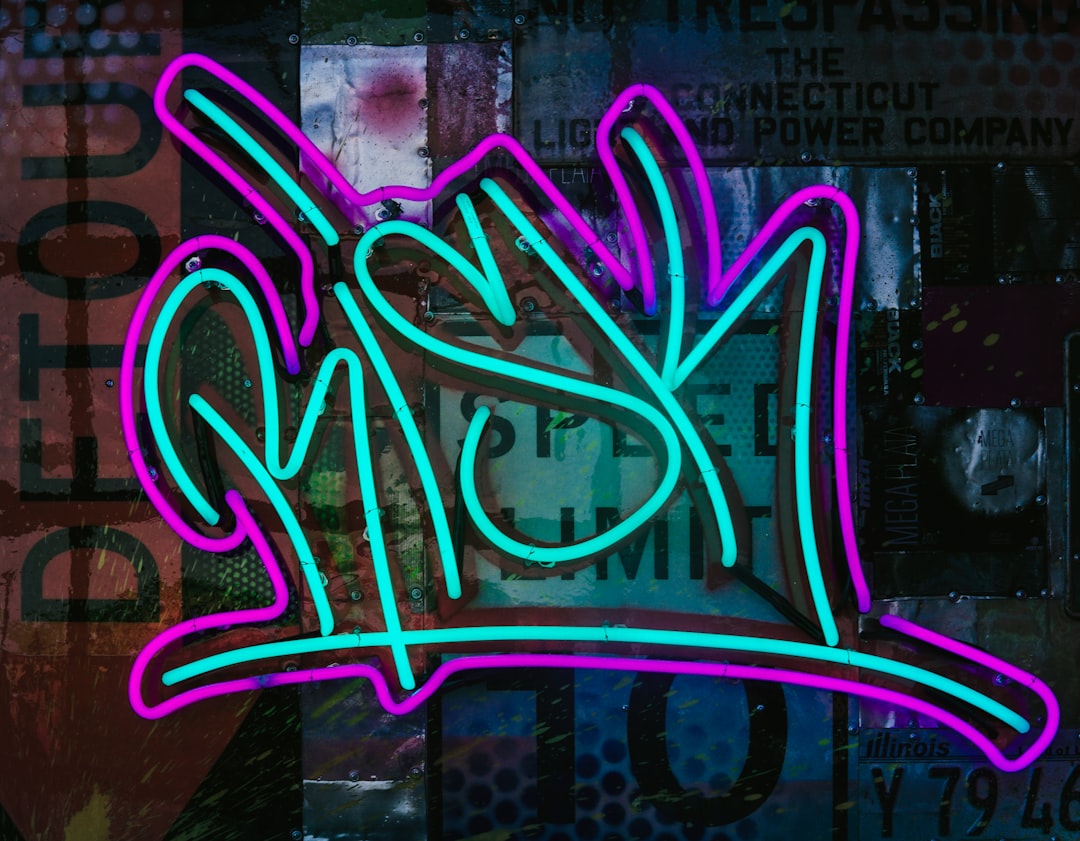
In Baltimore, Maryland, parents seeking quality childcare often find themselves navigating a complex web of regulations and rights. Empowering oneself is crucial in ensuring child safety within daycare settings. Knowing one’s legal rights as a parent is an essential step towards holding daycares accountable for their safety standards. A reputable daycare abuse law firm in Baltimore MD can serve as a valuable resource, guiding parents through the intricate laws designed to protect children.
By understanding their entitlements, parents can actively participate in monitoring daycare facilities and advocate for changes when necessary. This proactive approach not only strengthens child safety but also fosters a culture of transparency and responsibility within the childcare industry. Armed with knowledge, parents can confidently ensure that their children receive the highest level of care and protection.
